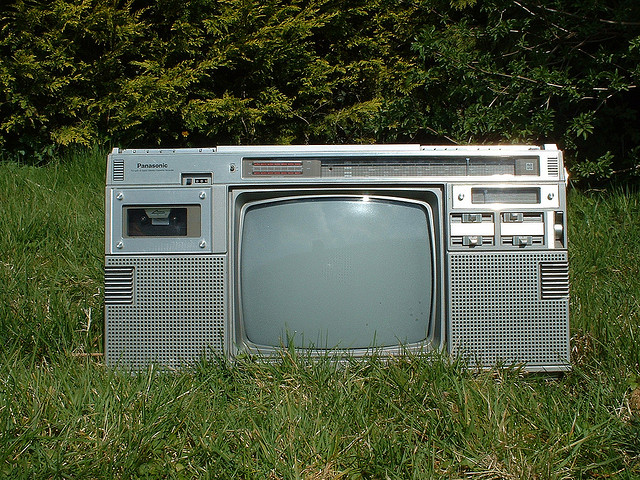
Panasonic, which had already trimmed its workforce by 36,000 jobs last year, will be looking to sell or close any business units that cannot achieve at least a 5 percent project margin, the company’s chief financial officer told Reuters.
[aditude-amp id="flyingcarpet" targeting='{"env":"staging","page_type":"article","post_id":574506,"post_type":"story","post_chan":"none","tags":null,"ai":false,"category":"none","all_categories":"business,","session":"D"}']Japanese electronics companies are fighting surging Korean electronics companies such as LG and Samsung — and losing. Sony’s stock is down almost 80 percent in the past five years. Sharp is down 90 percent, and Panasonic itself is down about 75 percent and currently at a 10-year low. LG stock, on the other hand, is up about 30 percent since mid-year, and Samsung’s stock has almost tripled since early 2011.
The Korean manufacturers have taken the majority of Panasonic and other Japanese companies’ TV business and have been quicker to jump on profitable new segments such as smartphones, where Samsung has a global lead.
AI Weekly
The must-read newsletter for AI and Big Data industry written by Khari Johnson, Kyle Wiggers, and Seth Colaner.
Included with VentureBeat Insider and VentureBeat VIP memberships.
Panasonic’s last profitable year was 2010, but it is aiming to return to profitability in its March 2013 to March 2014 fiscal year, aided by the sale of $1.4 billion-worth of land and buildings in Japan.
But it has a tough job ahead, with 88 business units to review and fix, close, or sell.
photo credit: joimson via photopin cc
VentureBeat's mission is to be a digital town square for technical decision-makers to gain knowledge about transformative enterprise technology and transact. Learn More